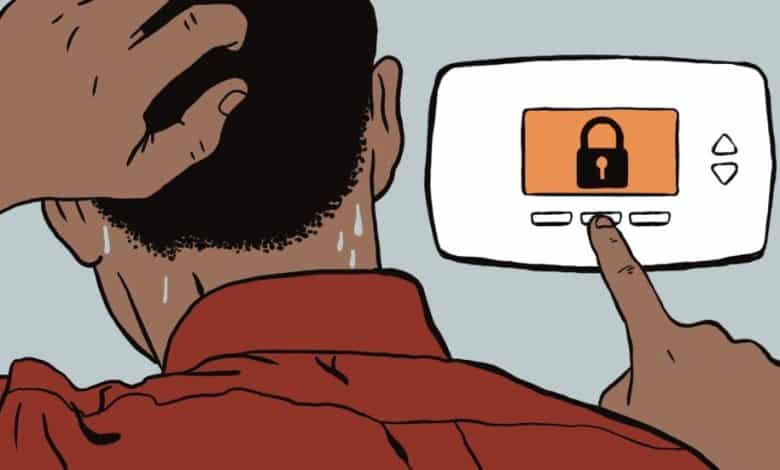When a New Condo Building Has Problems, Who Pays to Fix Them?

Q: In May 2019, I purchased a condominium from the sponsor in a brand-new building in Brooklyn. From the beginning there were issues with the heating, ventilation and air-conditioning system. The problems persist and affect the whole building. The repair cost is now $90,000. The company that installed the HVAC system filed for bankruptcy. The sponsor has taken repair funds out of the building’s operating budget, leaving the budget in the red. There is no reserve fund. The offering plan states that because the condo is new construction, “it is not anticipated that there should be any major capital repairs or replacements during the first five years of operation.” Who is responsible for the cost of the repair: the sponsor or the residents?
A: Typically, condominium owners are responsible for funding repairs to building systems. But in this situation, where there appears to be a construction defect, it could be the responsibility of the sponsor, the entity that offered the new condominiums for sale.
“If the HVAC system was defectively designed or installed, this should ultimately be the responsibility of the sponsor, with the cost borne by the sponsor, not the condominium,” said William J. Geller, a real estate lawyer with Braverman Greenspun in Manhattan. The unit owners, acting through the condominium board, would likely have a claim against the sponsor to recover the cost to repair it, he said.
But not so fast. Check your building’s offering plan and contract of sale to see who is responsible for fixing construction defects — and if there are limits to this responsibility.
“The offering plan may even provide that the sponsor is not obligated to correct, repair or replace any defects,” said Michael J. Ciarlo, a real estate lawyer with Nadel & Ciarlo in Manhattan.
In a new building, the condominium’s board seats are typically controlled by the sponsor. The board still has a duty to act in the best interests of the condo owners, not the sponsor, but a legal claim against board members for breaching their duties could be long and difficult.
Unit owners as a group — or through the board, if it is no longer controlled by the sponsor — should get an engineering report on the defects and who may be responsible. Try to negotiate a resolution with the sponsor before filing a lawsuit. If you engage a lawyer, ask them to look at all of the building’s defects and, where possible, to hold the sponsor responsible under the terms of the building’s documents.
“You want an attorney who understands offering plans and can handle cases that involve construction defects,” said Marc H. Schneider, managing partner with Schneider Buchel, which represents community associations.
For weekly email updates on residential real estate news, sign up here.
